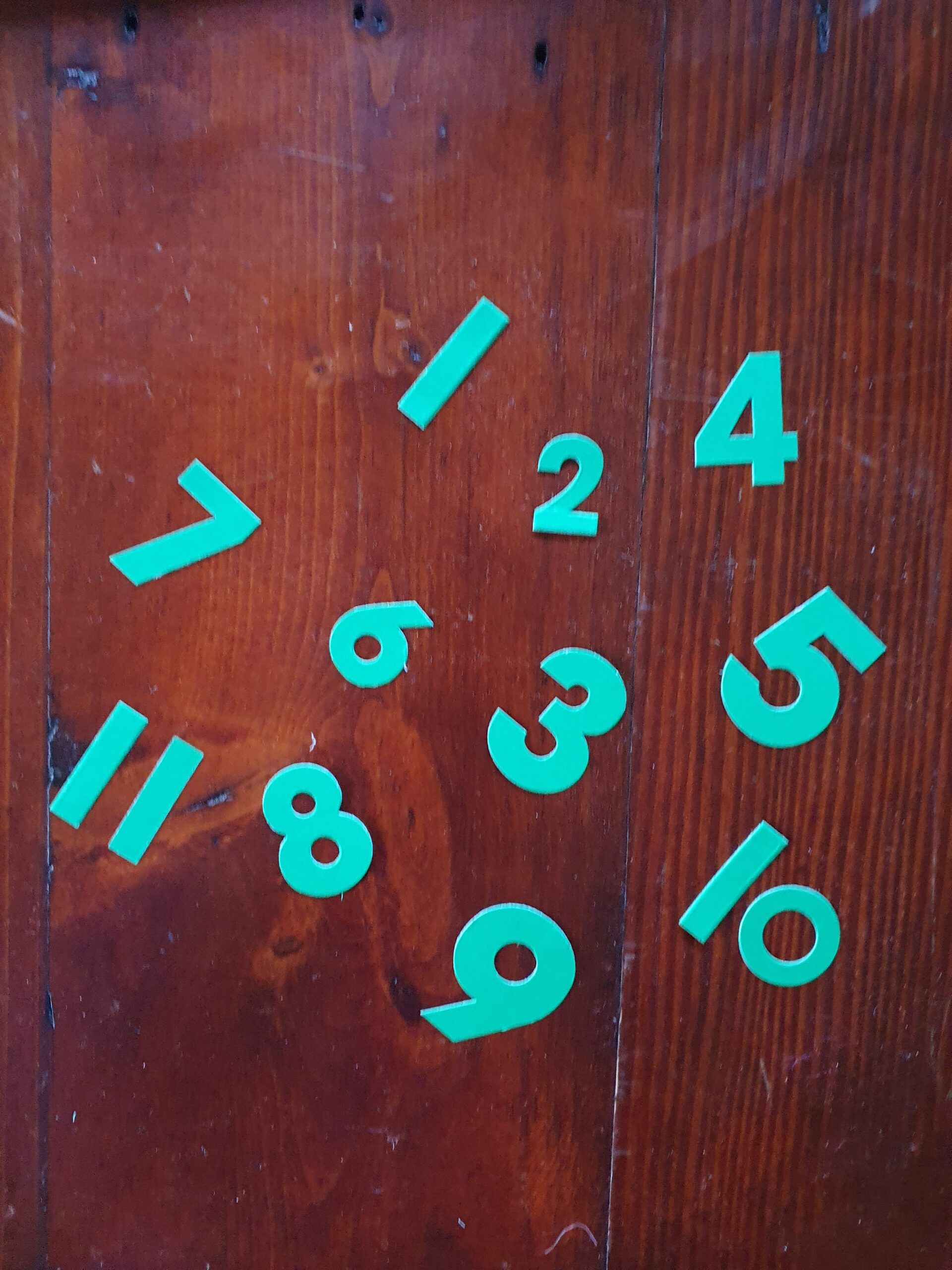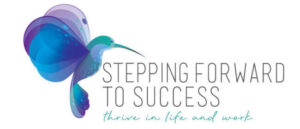Your mentor teacher is a vital part of your journey to full certification. They support you throughout your certification process and provide the opportunities you need to review and reflect on what you are learning and your own practice.
As part of your work with your mentor, you will have regular meetings to both plan and reflect.
So, how often should you do that?
Let’s look in more detail at the types of meetings you will want to set up with your mentor and how many you should schedule.

How Many Times Should You Meet With Your Mentor?
The Types Of Meetings You Have With Your Mentor
Meetings with your mentor should be scheduled and regular. Here are some of the types of meetings you should consider setting up:
Initial or foundation meetings
These first meetings set the scene for your certification journey. At these meetings, you’ll discuss your centre’s induction programme, how mentoring works, and the systems and documentation available at your centre.
You’ll also create a timeline that fits with your own needs as you work towards certification. Lastly, these meetings are a chance to set out your inquiry and what you will need to do for this.
Review and reset meetings
Review meetings happen regularly during your certification journey. As the name suggests, they are a chance to review and reflect on your progress to date and to check that your next steps still make sense. These meetings also provide a good opportunity to tweak or pivot your upcoming plans if they aren’t quite aligned correctly.
Observation meetings
Observations are a key part of your certification journey, so these meetings are important to get right. Usually, there are two of these meetings at each point. One is to set the observation focus, discuss how it will be done, and ensure it is relevant to the inquiry focus.
The second meeting is to reflect on the session and to unpack what happened and evaluate it against the standards and the centre’s philosophy.
Documentation meetings
During these meetings, you and your mentor will look at the centre’s documents and essential documents that are common to all early childhood educators, including Te Whariki and Te Tiriti o Waitangi, which are vital components of your teaching. These might not sound like the most exciting meetings, but they are an important time for reflection on your knowledge and understanding.
Informal catch ups
Outside of the regulated meetings, you may also have informal meetings that take place during your work day. These are great if the opportunity arises for reflection or if you have questions. They can also be a general wellbeing check-in to see how you are tracking during your certification journey.
How Many Times Should You Meet With Your Mentor?
As part of your journey, you do need to meet with your mentor a certain number of times to fulfill the requirements for full certification. Your centre may already have a standard number of meetings as part of their induction programme.
However, the actual number of meetings you have will depend on you and your mentor.
It is important that your schedule works for you and gives you the support you need. This is a very individual thing. Some people will want check-ins very often, while others may be happier with longer in between review meetings because they are confident in their progress.
You also need to make sure that the schedule fits your mentor. Mentor teachers are usually taking on the role over and above their own teaching. While they should get the support and time provided to perform their mentor role, it’s important not to over-commit them as this could lead to issues, burnout or a lower standard of support.
Arranging Meetings With Your Mentor And Making Sure They Happen
When you start as a provisional teacher at your new centre and are assigned a mentor, the first thing you need to do is to create and sign a contract with them.
This contract outlines what is expected of you both and the schedule that you will follow. This gives you a framework, although it should be flexible so that you can insert more meetings if needed. If you are struggling with organising all of this with your mentor, speak to your centre’s headteacher for guidance on how to make things work for everyone.
Extra Support During Your Certification Journey
If you’d like some support to give you confidence that you are tackling your certification journey in the right way, the Roadmap to Certification can help. The Roadmap sets your journey out step by step, including a recommended schedule for each type of meeting you should have with your mentor and which intervals they should occur at throughout the two years.
Grab a copy of your Roadmap today and get the added bonus of access to our private Facebook group, which provides extra support from myself and fellow ECE teachers.
Also, if you are having trouble finding a suitable mentor locally, I can also act as a sole mentor for you. Get in touch to discuss how I can support you.
Love the sound of the Roadmap? Then, check it out here.
Click here to read more about the Roadmap or click here to purchase the Roadmap to Certification ebook for Provisional Certified Teachers. Or if you are looking to get started on your professional Certification journey, the Kete Ako programme is a great starting point – check it out here.
